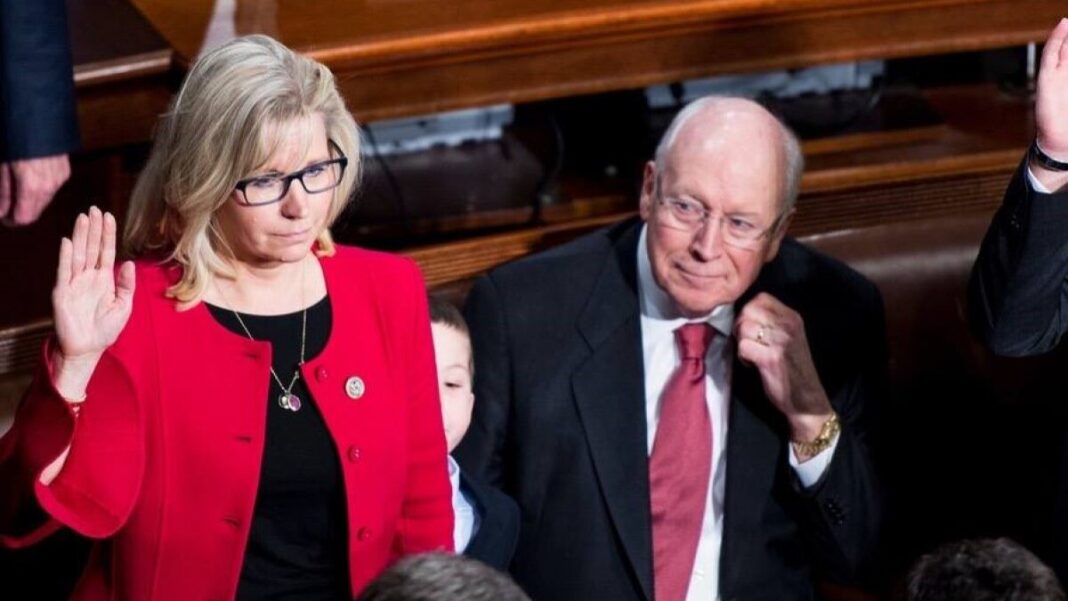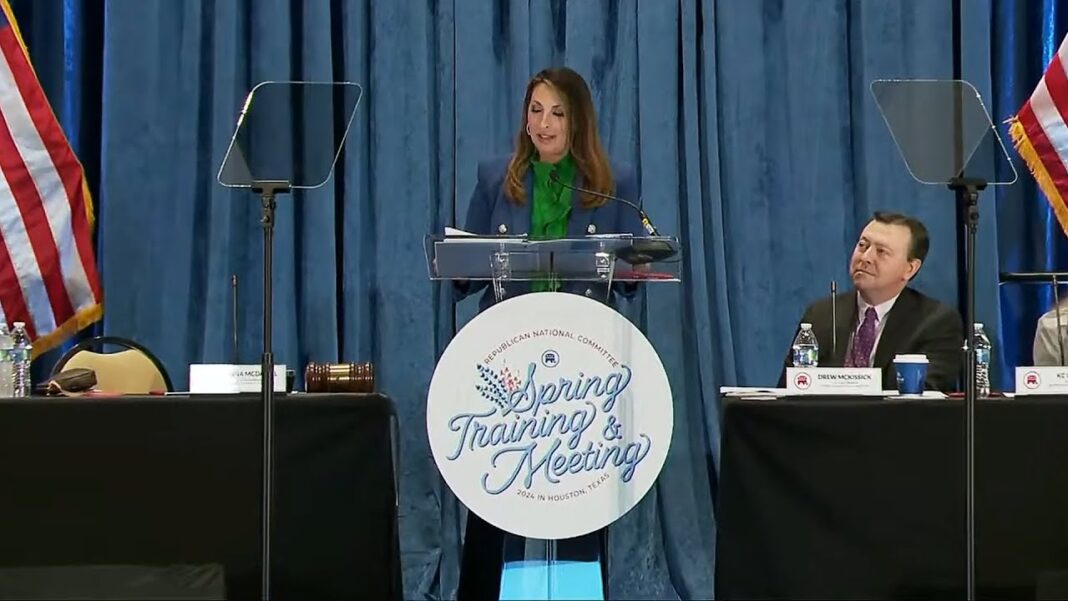Judge Cannon said that after reviewing the motions, the court found a matter that may be of considerable help to the court.
The federal judge overseeing one of the criminal cases against former President Donald Trump on March 7 announced an upcoming hearing.
The hearing on President Trump’s motions to dismiss the case against him will be held at 10 a.m. on March 14 in Fort Pierce, Florida, U.S. District Judge Aileen Cannon said.
Lawyers for the government and the defendants, President Trump and former aide Waltine Nauta, “should reserve [a] full day for argument,” the judge added.
Judge Cannon, appointed by President Trump, already held a hearing on March 1 to consider the former president’s request to delay the trial in the case, which involves charges over his retention of classified documents after leaving the White House. She has not yet said whether she would side with President Trump and move the trial beyond the November presidential election.
If the judge rules in favor of President Trump’s motions to dismiss, no trial would be held.
President Trump’s lawyers said in filings that the case should be thrown out because he has presidential immunity, and because under federal law, he was able to designate any government document as a personal record.
“Presidential immunity from criminal prosecution for official acts draws support directly from the text of the Constitution, as the Impeachment Judgment Clause states that a president cannot be criminally prosecuted unless he is first impeached and convicted by the U.S. Senate,” they said in one of the motions.
The Presidential Records Act, meanwhile, “conferred unreviewable discretion on President Trump to designate the records at issue as personal,” meaning his possession of them is not unauthorized as prosecutors have alleged, the lawyers wrote in another filing.
Mr. Nauta, one of two co-defendants in the case, joined in one of the motions.
Prosecutors have offered opposing arguments, trying to convince Judge Cannon not to dismiss the case.
In one, Special Counsel Jack Smith’s team said the Presidential Records Act does not authorize possession of classified information by former presidents.







